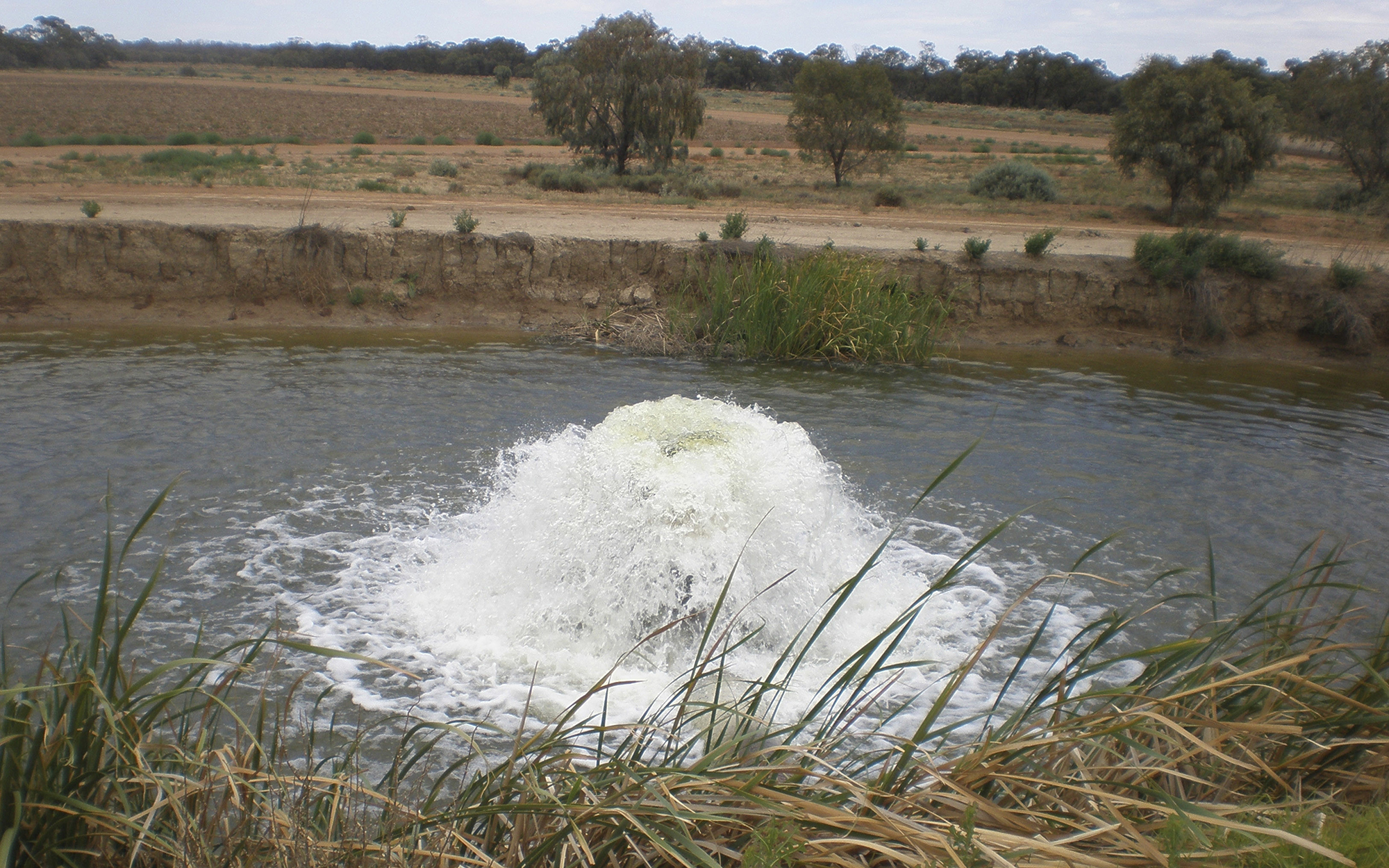The Independent Pricing and Regulatory Tribunal of NSW (IPART) determines the maximum prices for the monopoly water management services provided by the Water Administration Ministerial Corporation (WAMC). Functions relating to the delivery of water management services in NSW are the responsibility of the department, the Natural Resources Access Regulator and WaterNSW.
The cost of managing freshwater resources in NSW is partly recovered through water management charges and other fees that IPART determines.
The management of the state's freshwater resources involves:
- setting water policy
- developing and implementing statutory water sharing plans
- developing and implementing a strategic water framework
- negotiating interstate and national water agreements
- determining how available water is allocated to water users, particularly during times of drought
- approving the extraction, use and trade of water
- monitoring the quantity and quality of water extractions
- monitoring the ecological health of our aquatic ecosystems
- maintaining the systems that allow all of the above functions to be delivered
These services are essential to ensure water can be made available to water users and the environment on a timely and sustainable basis.
IPART categories of fees and charges
IPART sets three categories of fees and charges for WAMC water management activities.
Water management charges
Recover the cost of resource management activities, predominantly undertaken to manage the impacts of water extraction. Separate charges apply to each water source and river valley or groundwater region, reflecting the different cost structures for the water management activities undertaken in these systems.
Fees for transactions
Requested by licence holders on their licences and approvals, as well as applications for new licences and approvals, recover the cost of processing these transactions. They apply on a statewide basis because the cost of processing transactions is the same across all valleys.
Metering charges
The current IPART determination started on 1 July 2016 and has been extended until 30 June 2021. Visit the report on setting the current prices
Details of the current fees and charges can be found at WaterNSW
Review of water management prices
IPART periodically reviews prices for the monopoly water management services provided on behalf of WAMC. IPART last determined prices for WAMC water management services in 2016.
The Department of Planning, Industry and Environment - Water and the Natural Resources Access Regulator made a joint submission to the Independent Pricing and Regulatory Tribunal’s review of pricing on 30 June 2020 for fees and prices that will apply from 1 July 2021 to 30 June 2025 (the 2021 regulatory period).
To find out more about the price review or to read the department’s joint submission, visit the IPART website
Administrative framework
The Independent Pricing and Regulatory Tribunal Act 1992 requires IPART to set maximum charges for WAMC's monopoly water management services. The department and WaterNSW, delivers these services on behalf of the corporation. The Act also requires the Minister for Land and Water to seek the Treasurer's approval to waive or reduce charges below the maximum charge.
The Water Management Act 2000 makes provision for the Minister to impose fees and charges, noting that they cannot exceed a relevant IPART determination. Water charge rules in the Commonwealth Water Act 2007 give the Australian Competition and Consumer Commission responsibility for reporting on, monitoring and publishing information on charges - but not setting charges – for water planning and management services in the Murray-Darling Basin, including the department’s water management services in NSW that fall within the Basin (all inland valleys). These arrangements help ensure that processes for setting and implementing charges are adequately disclosed, are transparent and adhere to the requirements of relevant legislation.
